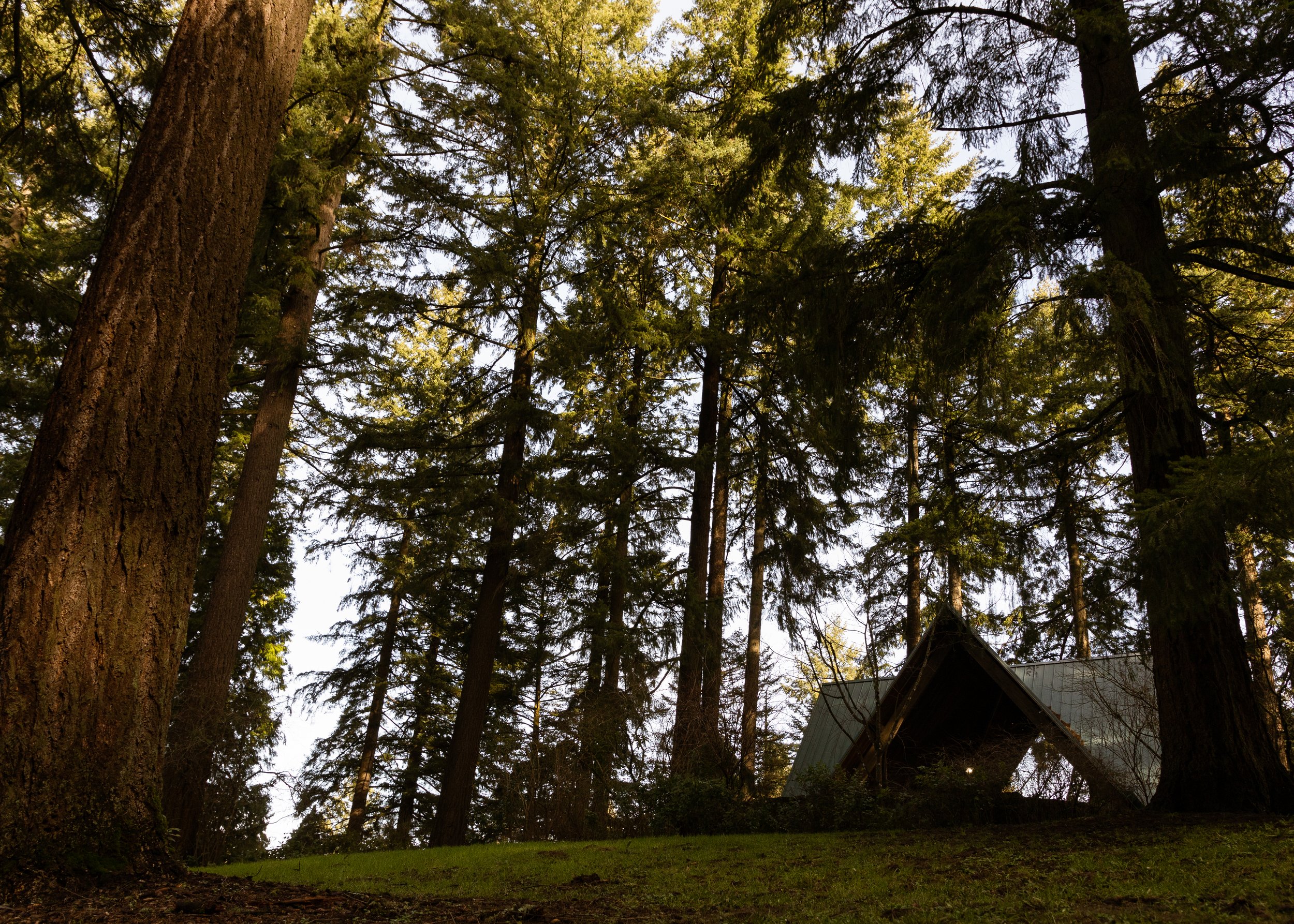Finding The Right Wedding Venue
Finding a wedding venue can be one of the most time consuming, stressful, and most expensive parts of planning a wedding. Here is a quick guide into finding a wedding venue that is right for you!
Start searching for venues 12 to 18 months before your wedding date to have the most choices and secure your first-choice venue.
Start searching for venues 12 to 18 months before your wedding date to have the most choices and secure your first-choice venue. First, decide on the season in which you want to get married. In some parts of the country — particularly popular wedding destinations like Napa Valley — certain seasons are busier than others. If there's a particular time of year you want, book it as soon as possible. Next, find out when venues are available for viewing. Most venues can be booked up to two years in advance, so make sure you check availability before driving for hours only to find that the venue has already been booked on your preferred date. Though it's never too early to start looking at venues (especially if you're set on a specific location), later searches could mean higher prices or fewer choices due to peak season demands and shorter notice from other couples who have their dates picked out well in advance.
Booking later than this could mean paying higher prices, being left with fewer options, or having to settle for a less popular day of the week.
Weddings are special, and finding the right venue is a big part of making it memorable. Most couples spend about $16,000 on their wedding reception—and that’s not including any flowers or food. If you want to make sure your wedding is everything you dreamed of, you need to follow some important guidelines when choosing a venue.
For starters: When should you book? Booking later than this could mean paying higher prices, being left with fewer options, or having to settle for a less popular day of the week. On the other hand, booking too early means you might miss out on price cuts and booking deals that come around later in the year.
Also: What happens if you choose the wrong day of the week? Some days are more popular than others for weddings—if everyone wants Saturday night and no one wants Thursday afternoon, it’ll be hard to get what you want at a great price if those are your only choices.
Decide on the size and style of your wedding.
You need to know how many people you will be inviting and what kind of environment you want your celebration to take place in. For instance, an intimate dinner or a cocktail party may be appropriate for a smaller wedding, whereas dancing is a must for a larger guest list. The food, alcohol, entertainment and theme should also fit with the overall style of your wedding. If you’re planning to invite children or elderly guests, don’t forget about their needs as well: will there be room for them to walk around, fun activities for kids and seats for seniors?
Choose your preferred season and days of the week (and keep an open mind).
Some couples have their hearts set on a specific month or day of the week; if that is the case with you, start by considering venues that may not already have been booked up by other couples getting married on the same date as yourself (i.e., Saturdays in July.) However, if you have some flexibility with both your date and time frame, then come up with some options that work within these parameters as well—you never know which venue may become available at the last minute!
The reception area is typically the biggest confining factor in determining the number of guests.
The reception area is typically the biggest confining factor in determining how many guests you can invite to your event. You’ll want to look at how many people the space will hold based on three different factors:
How many people can the venue seat?
How many people can the venue fit standing?
How many people can the venue serve?
Usually, this number isn't a hard cap for how many guests you should have at your event, but it's a good starting point in working out an estimate of how much space you'll need and whether or not the venue is a good fit for what type of wedding reception you're having.
Venues with many amenities (like all-inclusive packages) can save time, but they're often more expensive than DIY spaces.
Another important element of the wedding venue is price. How much are you willing to spend on a venue? If you're on a budget, consider venues that offer all-inclusive packages or those that allow you to bring in your own vendors. Venues with many amenities (like all-inclusive packages) can save time, but they're often more expensive than DIY spaces.
Some examples of venues that offer all-inclusive packages:
Highland Fields (Forest Grove, OR)
Ainsworth House & Garden (Oregon City, OR)
Jupiter Hotel + NEXT (Portland, OR)
BeckenRidge Vineyard (Dallas, OR)
Riverside Golf & Country Club (Portland, OR)
Find out what each venue offers as part of its venue fee -- such as tables and chairs -- versus what it will charge extra for (for example, linens) before making a final decision.
The cost of extras can add up, so be sure you get the most bang for your buck. Compare what each venue on your shortlist offers as part of its venue fee -- such as tables and chairs -- versus what it'll charge extra for (for example, linens). Once you tally up these numbers, compare the benefits of each venue.
Good luck on your hunt for the perfect venue & remember, this day is about you so have fun!

